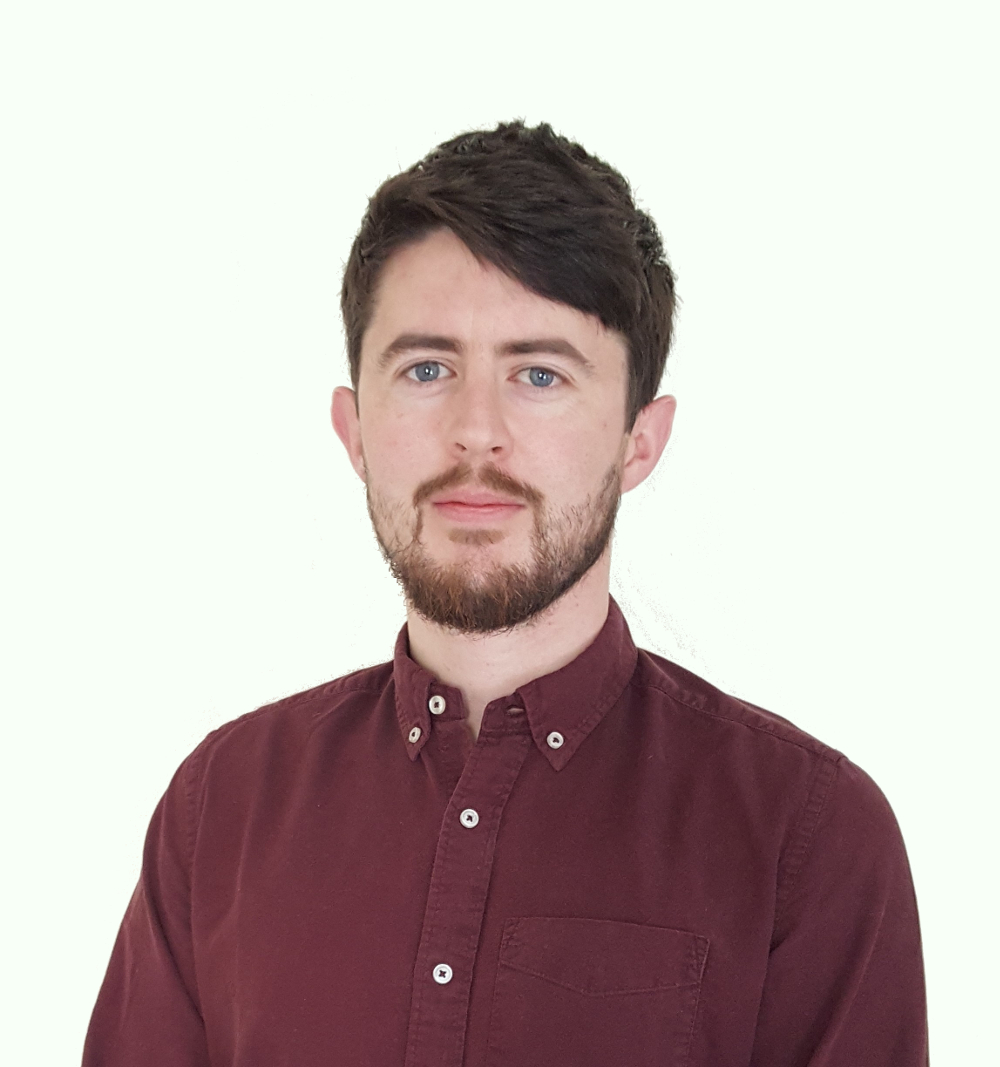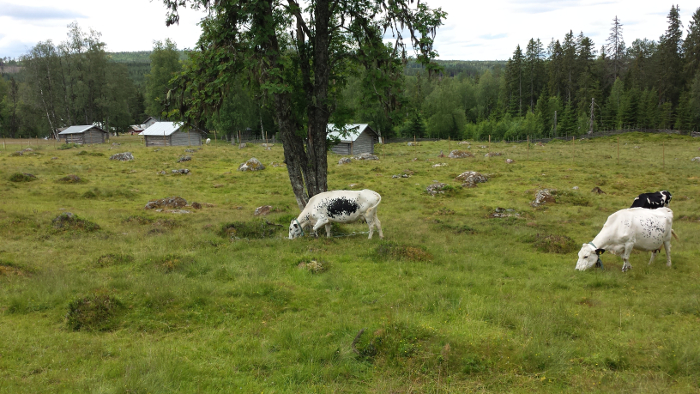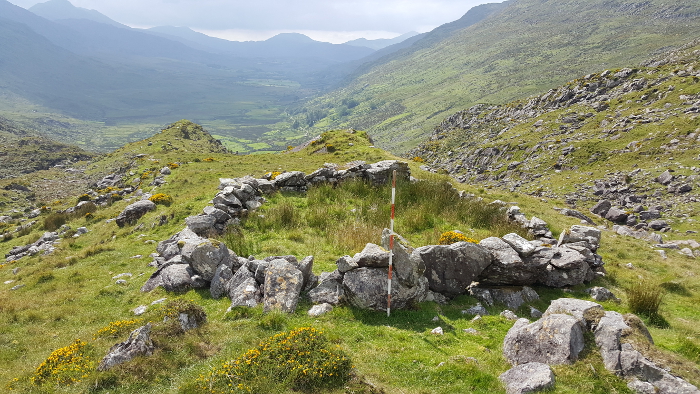
Dr Eugene Costello
“I am an archaeologist and historian with an interest in marginalised peoples and places, particularly in rural areas of Ireland and Europe. Having earned a BA at University College Cork and an MA at University of Sheffield, I completed my PhD in 2016 at National University of Ireland, Galway, with generous support from Irish Research Council and Hardiman scholarships. Since then, I have held a National Endowment for the Humanities fellowship at the prestigious Keough-Naughton Institute for Irish Studies in University of Notre Dame and a post-doctoral fellowship in environmental humanities at Stockholm University. I have also lectured at both Galway and Stockholm.
As NUI Post-Doctoral Fellow, I will use archaeological, historical and environmental evidence to develop a radical periphery-centred perspective on the emergence of capitalism in late medieval and early modern Europe. Focusing on ‘marginal’ upland communities in Ireland and Sweden, I will ask how farmers adapted to growing market demands for meat and dairy and determine their role, as food suppliers, in the development of commercial urban centres. This project will help the humanities to start contributing to the debate on rural sustainability by highlighting the agency of rural people and also the long-term consequences of commercial livestock production for community and landscape alike.

Dairy cows grazing Norra Värmland, Sweden (Click to enlarge)

Livestock pen Bridia, Co. Kerry (Click to enlarge)
I applied for this NUI Post-Doctoral Fellowship because it offered the chance to develop this project in a highly appropriate environment, namely, UCC’s Department of Archaeology. This department has a strong track record in landscape research and maintains links with rural geographers and early modern historians around UCC, especially concerning the south west where my Irish case study is located. I look forward to working with these people and to forging international links for the NUI in Sweden, particularly Stockholm and Uppsala. Above all, this Fellowship will give me the time and space to make the transition out of the early-career stage and into a mature academic who can lead large research projects and supervise postgraduates and postdocs. As I build stronger links with community groups and ecologists, I also hope that in the longer term this project will kick-start greater engagement in rural planning by archaeologists and historians.”






















